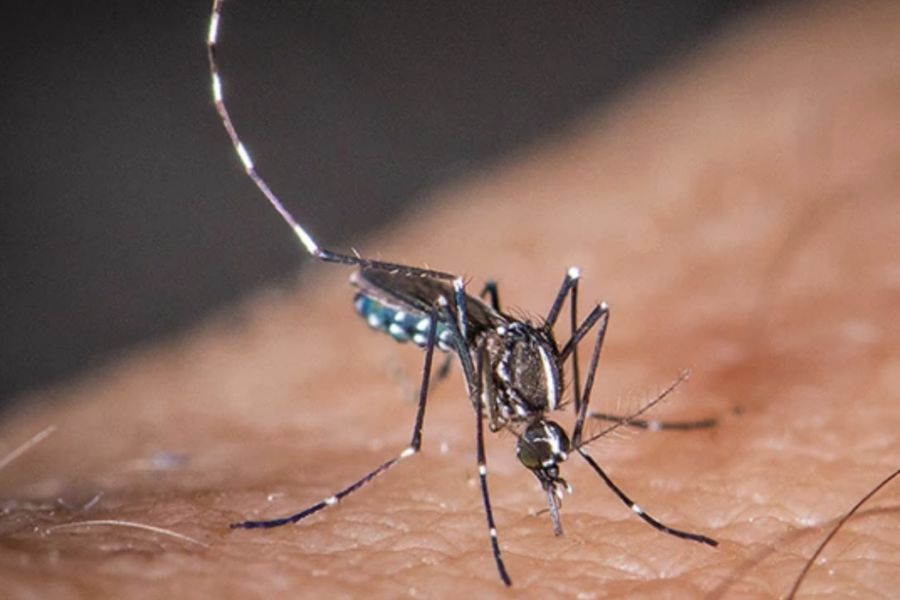Nature As Earth warms, the creatures that spread neglected tropical diseases are gaining a foothold in Europe. Wealthy countries must prepare themselves for more cases. Europe long thought itself safe from neglected tropical diseases (NTDs). Those old certainties have now evaporated. A warmer and wetter climate has made the continent more welcoming to vectors of debilitating and sometimes deadly pathogens. Climate change is just one of the forces driving the expansion of NTDs. Globalization, and the increase in international trade and travel that it brings, is playing its part in bringing vectors and their pathogens together in Europe. Although the impact of these diseases is not on the scale of that in tropical countries, the effects on European public health are already being felt. People are catching, and sometimes dying from, NTDs and other mosquito-borne diseases that were once confined to the tropics, such as West Nile, Zika, dengue and chikungunya viruses, as well as parasitic diseases such as schistosomiasis. Cases of vector-borne diseases that are already endemic in Europe, such as leishmaniasis, are on the rise. For many of these infections, there is no vaccine or cure.
Tropical diseases move north
- Published Nov 15, 2023
